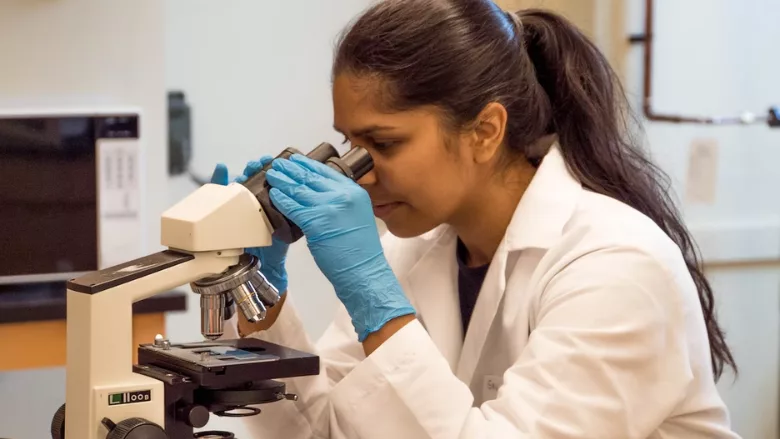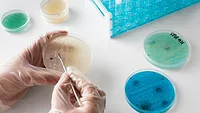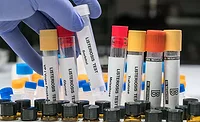FSA Highlights Work to Improve UK Foodborne Illness Surveillance Under PATH-SAFE Program

Credit: Trust "Tru" Katsande via Unsplash
The UK Food Standards Agency recently highlighted the Pathogen Surveillance in Agriculture, Food, and Environment (PATH-SAFE) program.
PATH-SAFE is a £19.2 million research program that aims to develop a national surveillance network, using sequencing technology and environmental sampling to improve the detection and tracking of foodborne human pathogens and antimicrobial resistance (AMR), from farm to fork. At the heart of the network, a new data platform will be established that enables the analysis and sharing of pathogen sequence and source data, collected from multiple locations across the UK by government departments and public organizations. The single system will aid rapid identification and tracking of foodborne illnesses and AMR.
The program is made up of four core workstreams (WS), within which over 30 projects are underway:
- WS1 focuses on the development of a national foodborne disease genomic data platform
- WS2 focuses on new surveillance approaches for major foodborne illnesses and associated AMR in agrifood settings
- WS3 focuses on rapid, in-field diagnostic technologies.
- WS4 focuses on AMR in the environment.
Additionally, PATH-SAFE aims to connect its more than 40 partners in regular collaborations to improve how foodborne illnesses are monitored and combatted through the use of Communities of Interest (COIs). FSA developed COIs to support knowledge-sharing, and they are described as networks of peer stakeholders who share the same interests, knowledge, and understanding of best practices. COIs have the autonomy to define their focus areas, size, method and frequency of communication, objectives, and rules for engagement.
FSA has identified work areas of PATH-SAFE that would benefit from dedicated COIs, such as:
- Wastewater for foodborne diseases and AMR Surveillance (WaFAS)
- Bioinformatics and analysis
- Lab work
- River catchments
- Data interpretation
- Stakeholder, policy, and public health utility.
The WaFAS COI has already been established, and includes representatives from Food Standards Scotland (FSS); the Center for Environment Fisheries and Aquaculture Science; the UK Veterinary Medicines Directorate; the UK Department for Environment, Food, and Rural Affairs; Queens University Belfast; and Bangor University. The COI meets bimonthly and had its inaugural meeting in October 2022, where the technical leads presented their work to date, agreed on the scope and terms of reference, and planned next steps. In subsequent meetings, the community has come together to discuss assay development, isolate numbers per sample taken, isolate diversity per sample, strain replacement, and data access. Community members have openly shared their expertise to help troubleshoot issues, provide advice, and offer opportunities to increase awareness of the work undertaken across the program, as well as across wider government.
A second COI on bioinformatics and analysis is to be established in March 2023, commencing with a presentation led by Adriana Vallejo-Trujillo, Ph.D., on the use of whole genome sequencing (WGS) to understand AMR among Escherichia coli in Scotland. Dr. Vallejo-Trujillo is a bioinformatician and post-doctoral research fellow for the PATH-SAFE Scottish pilot project and the Roslin Institute, who has undertaken the curation and genomic analyses of WGS data for more than 1,700 E. coli genomes collected from different animals and humans. The next step of her work is to analyses for approximately 3,500 genomes including from other sources, and once completed, the information gathered will represent the biggest and most comprehensive collection of E. coli genomes using a One Health approach in Scotland and the UK.
Looking for quick answers on food safety topics?
Try Ask FSM, our new smart AI search tool.
Ask FSM →








